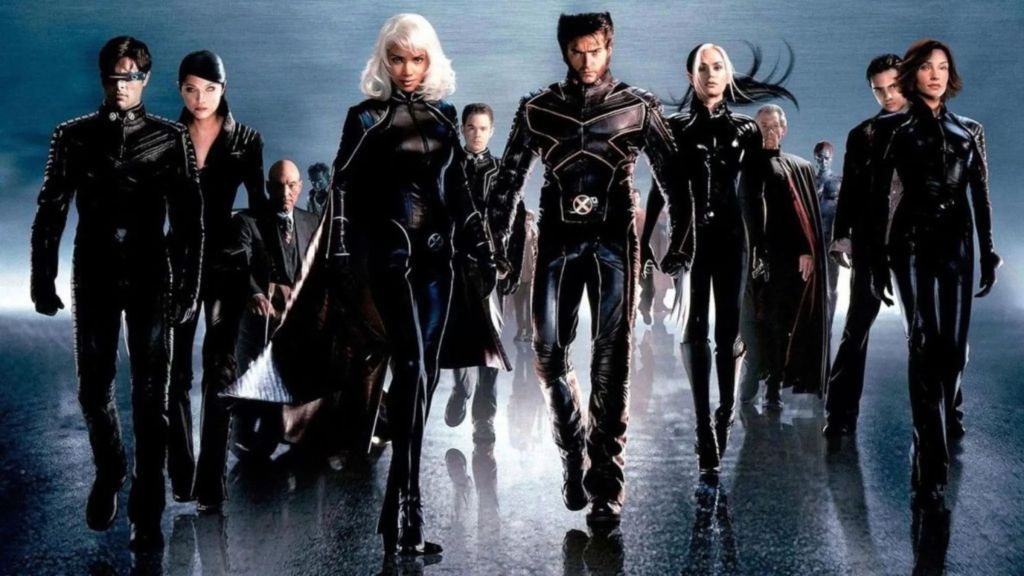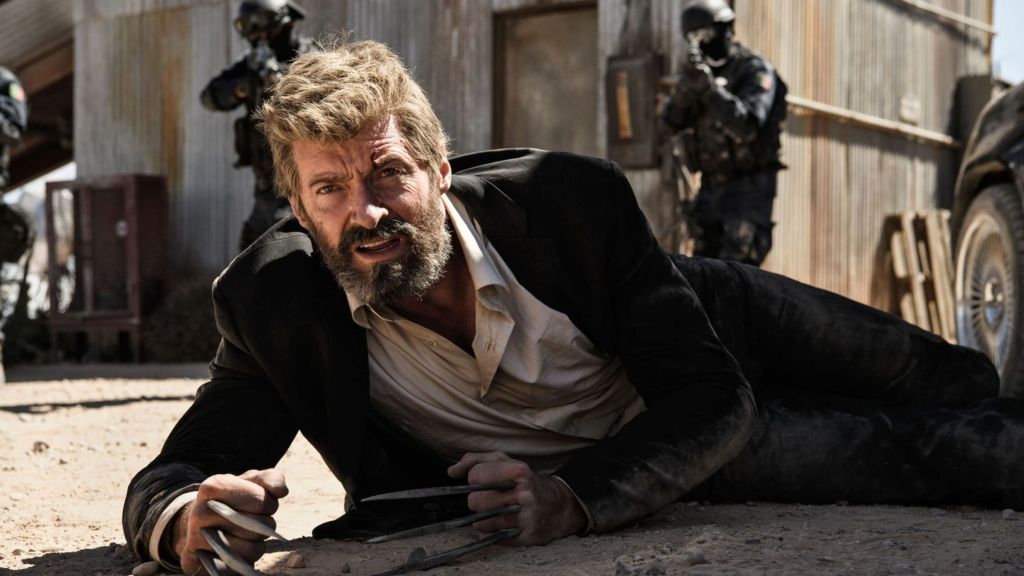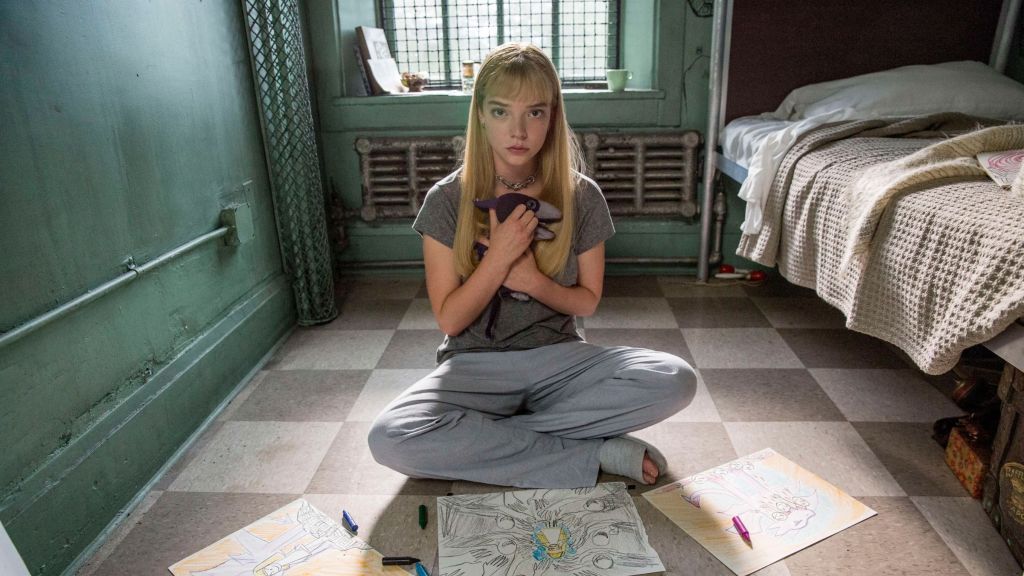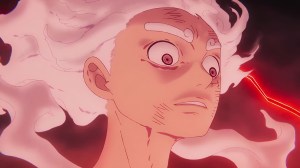In 2000, X-Men introduced a world of superpowered beings grounded in relatable human drama, a significant risk that paid off handsomely, with the movie earning over $296 million worldwide on a $75 million budget. This success, alongside the hard-R action of 1998’s Blade starring Wesley Snipes and the record-shattering debut of Sam Raimi’s 2002 Spider-Man with Tobey Maguire, ignited the modern superhero cinematic era. For two decades, the Fox X-Men franchise was a box office titan, launching a thirteen-film saga that, from start to finish, ran longer than the Marvel Cinematic Universe has to date. It was an ambitious, influential, and often brilliant series that set the standard for ensemble superhero storytelling.
Videos by ComicBook.com
The foundation of the X-Men franchise’s success was built on the central theme of persecution of a minority group feared for their differences, which resonated deeply with audiences. Furthermore, the casting was pitch-perfect, with actors like Patrick Stewart and Ian McKellen bringing gravitas to their roles as Professor Charles Xavier and Magneto, while Hugh Jackman’s star-making turn as Wolverine became one of the most iconic portrayals in comic book history.
This combination of thematic depth and unforgettable character work allowed the X-Men movie series to endure creative missteps and changing audience tastes for two decades. Unfortunately, five years ago, on August 28, 2020, the longest-running Marvel franchise came to a close not with a bang, but with the quiet and disappointing theatrical release of The New Mutants.
The Highs and Lows of Fox’s X-Men Franchise

The original X-Men trilogy established the powerful blueprint for the modern superhero ensemble but also revealed the franchise’s inherent creative instability. Following the first film’s success, X2: X-Men United perfected the formula, delivering a sequel that is still considered a benchmark of the genre. However, this high point was immediately followed by a creative fracture. X-Men: The Last Stand, under a new director, abandoned the nuanced character work of its predecessors in favor of a bloated, rushed spectacle. By cramming a mishandled “Dark Phoenix Saga” into a story about a mutant cure and killing off central characters like Cyclops (James Marsden) with shocking indifference, the film demonstrated the franchise’s willingness to sacrifice narrative integrity for fleeting blockbuster moments, a problem that would resurface repeatedly.
After the outright failures of The Last Stand and the critically-maligned X-Men Origins: Wolverine, the franchise faced collapse, necessitating a radical reinvention. X-Men: First Class successfully revitalized the series by returning to its core strengths, recasting its central roles with the compelling duo of James McAvoy as Professor X and Michael Fassbender as Magneto. The film’s 1960s setting and focus on their ideological war recaptured the spirit of the original films, and the new batch of movies reached their commercial and critical apex with X-Men: Days of Future Past, an ambitious epic that united both casts. More than just a successful blockbuster, the film served as an ingenious meta-narrative device, using its time-travel plot to explicitly erase the timeline of its most poorly received entries.

As the main series began to falter again, the franchise’s most celebrated works emerged from auteur-driven experiments on its periphery. These successes proved the brand was strongest when it allowed singular visions to flourish outside the constraints of the team-up model. Deadpool, starring Ryan Reynolds, shattered box office records and genre conventions with its R-rated, fourth-wall-breaking meta-comedy. Two years later, James Mangold’s Logan completely deconstructed the genre, delivering a brutal neo-western that earned an Academy Award nomination for its screenplay. On television, Noah Hawley’s Legion abandoned franchise continuity entirely, offering a surrealist psychological thriller that stands as one of the most artistically daring comic book adaptations ever made.
This divergence ultimately highlighted the final collapse of the core saga. In stark contrast to the bold risks being taken elsewhere, X-Men: Apocalypse was a repetitive CGI spectacle that recycled themes and conflicts the series had already explored more effectively elsewhere. The franchise’s death knell came with Dark Phoenix, a second, even more disastrous attempt at the iconic storyline. The film was a catastrophic failure, both critically and commercially, proving the X-Men franchise didn’t have much more to offer. Yet, even after that, a final X-Men movie would still be released.
The Muted Finale of The New Mutants

The New Mutants promised a radical departure for the superhero genre, as director Josh Boone pitched the film as a genuine psychological horror story set within the X-Men universe. The project drew from one of the most celebrated and tonally distinct comic book arcs of all time, Chris Claremont and Bill Sienkiewicz’s “Demon Bear Saga,” a story renowned for its surreal imagery and deep psychological exploration. The first trailer, released in 2017, leaned heavily into this concept, presenting a claustrophobic thriller that went viral, generating massive excitement for a film that looked unlike any comic book adaptation that had come before it.
That initial promise was systematically dismantled by a prolonged and chaotic production cycle. The film was originally scheduled for an April 2018 release, but it became trapped in a multi-year limbo of studio second-guessing and corporate upheaval. Following the success of horror films like It and the R-rated triumph of Logan, initial reports suggested Fox wanted reshoots to make The New Mutants even scarier. However, these plans soon shifted, with the studio reportedly demanding changes to make the film more accessible. The extensive reshoots were planned but never materialized, leaving the project in a compromised state, caught between Boone’s original vision and an unrealized studio mandate. This uncertainty was compounded by the historic Disney-Fox merger, which left The New Mutants an orphan project.
When The New Mutants was finally released in August 2020, the final product was a testament to its troubled production. The film was a tonally incoherent mix of teen drama, generic superhero action, and half-realized horror elements that failed to satisfy any of its intended goals. Furthermore, the genuinely frightening concepts from the “Demon Bear Saga” were diluted, resulting in a movie that was neither scary enough to be a horror film nor exciting enough to be a superhero blockbuster.

Disney’s decision to release The New Mutants theatrically during a global pandemic was the final nail in its coffin. With most theaters closed and audiences staying home, the movie was a guaranteed box office catastrophe, earning only $49 million worldwide. It was a deeply disappointing ending to a twenty-year cinematic saga that changed Hollywood’s perception of superhero media.
Despite the franchise’s inglorious conclusion with The New Mutants, the legacy of the Fox X-Men era continues to exert a significant influence on the Marvel Cinematic Universe. This influence first became apparent in 2022’s Doctor Strange in the Multiverse of Madness, which acknowledged the impact of the Fox films by featuring Patrick Stewart as a variant of Professor Charles Xavier from Earth-838. Two years later, Marvel Studios created a more direct bridge with Deadpool & Wolverine, a film that officially brought the characters and continuity of Fox’s Deadpool movies into a direct crossover with the MCU.
The embrace of this legacy is set to culminate in the upcoming Avengers: Doomsday, as it has been confirmed that several actors from the original X-Men trilogy, including Stewart, McKellen, Marsden, and Alan Cumming, will reprise their iconic roles. These developments serve as the ultimate testament to the importance of the X-Men saga, proving that even a deeply disappointing final film could not erase its two decades of cinematic influence.
The New Mutants is available for streaming on Hulu. Avengers: Doomsday will be released on December 18th, 2026.
What is your most cherished memory from the Fox X-Men franchise, and which characters are you most excited to see return to the MCU? Join the discussion in the comments!









